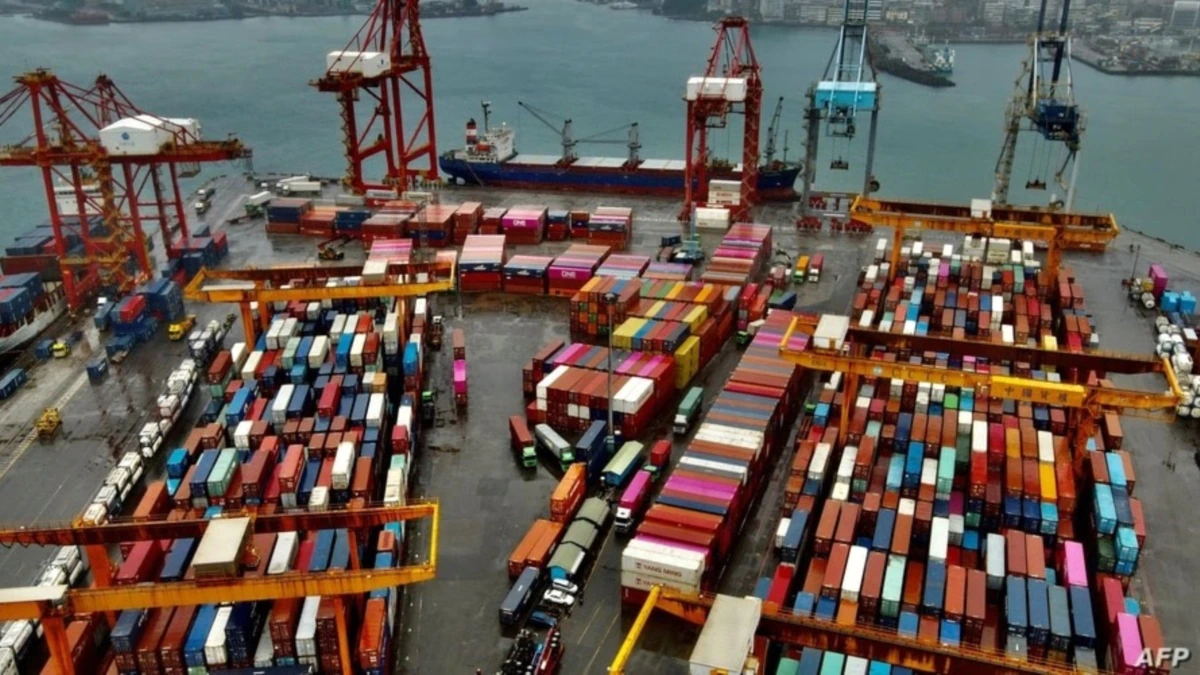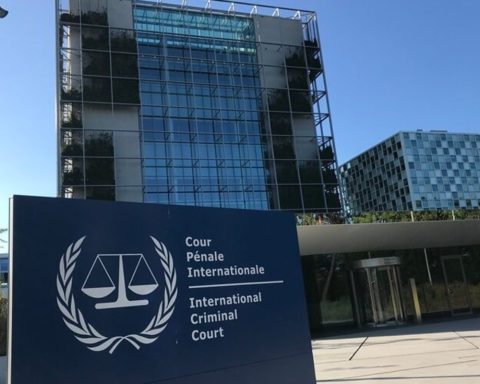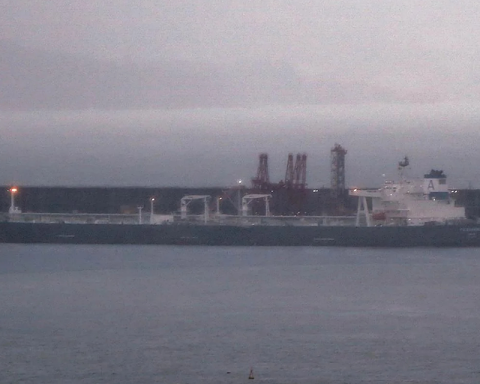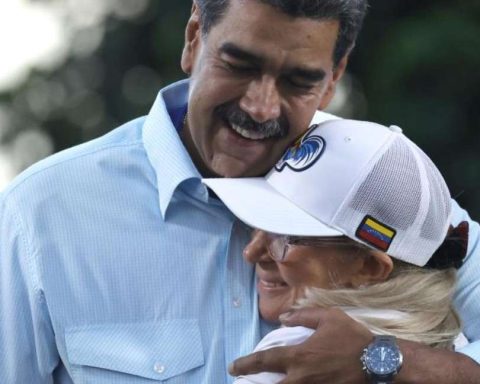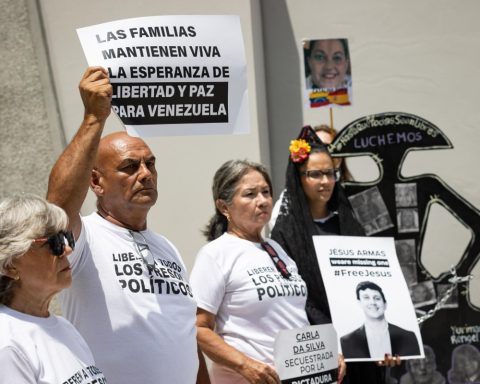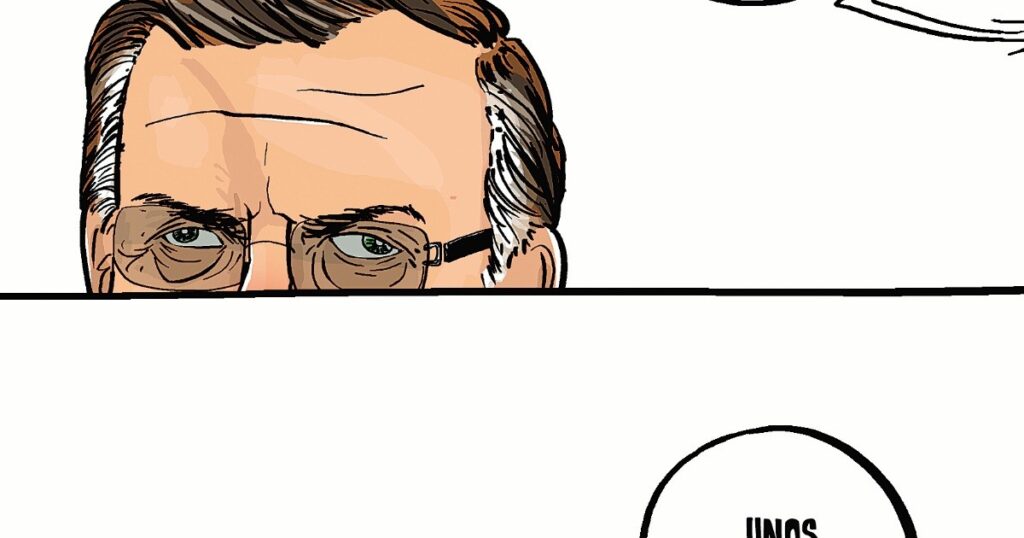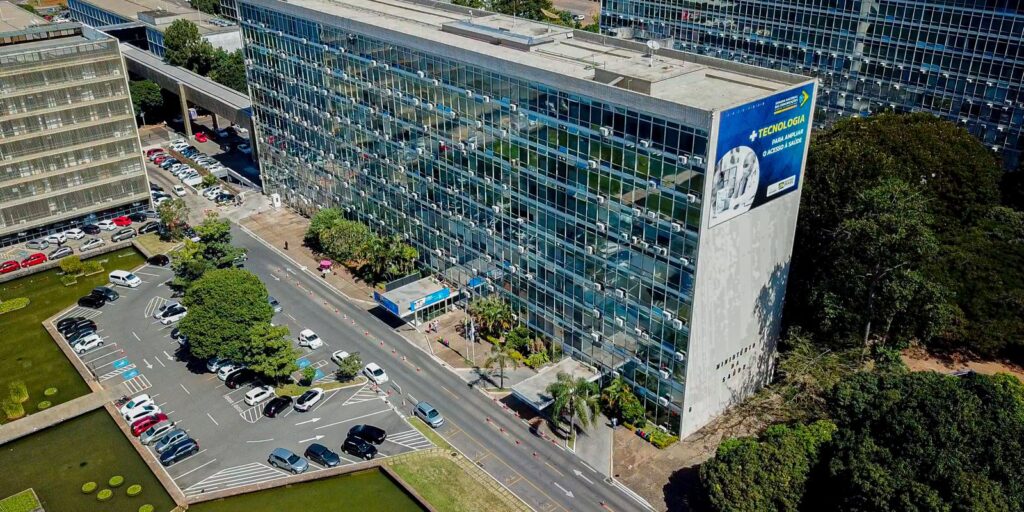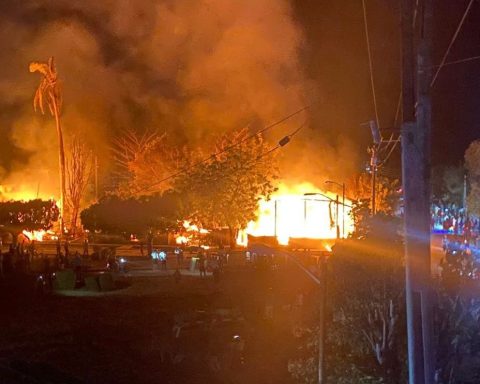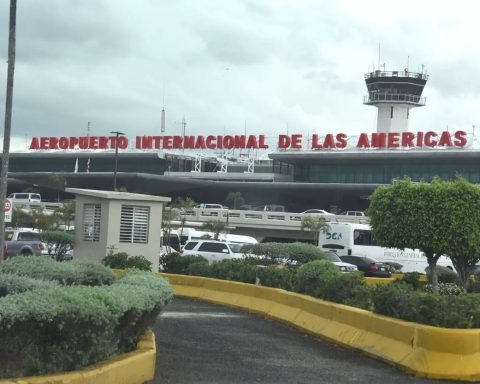The decrease in the supply of fertilizers and the disruptions in the supply chain, as a consequence of Russia’s invasion of Ukraine, will have a negative impact throughout the world and “significant repercussions for food security”, warns the United Nations. for Food and Agriculture (FAO).
Russia is the world’s leading producer of wheat and Ukraine the fifth largest exporter. “Together, they provide 19% of the world’s supply of barley, 14% of wheat and 4% of the world’s maize and account for more than a third of world grain exports,” Qu Dongyu, director general of the FAO.
“The likely disruptions to agricultural activities in these two major staple food exporters could seriously exacerbate food insecurity around the world, at a time when international food and input prices are already high and volatile,” he added in a text published on the agency’s page.
In the case of Venezuela, where in the last 3 years 80% of these imports have come from Russia, it is another factor that harms the agricultural sector, one of the hardest hit due to legal insecurity, the absence of bank credits and inputs and , in general, government policies and the crisis that the country has been going through for years.
Celso Fantinel, president of the Confederation of Associations of Agricultural Producers of Venezuela (Fedeagro), highlights the “great effort” of private associations to guarantee food production.
In his opinion, Russia stops exports of fertilizers and other raw materials as a result of the “shipping blockade” after the sanctions, but in case it suspends shipments indefinitely, there is “little” time for the sector to maintain coverage, approximately 6 months.
“To date, we have received 3 fertilizer ships. The private associations, which we canceled in October and November, that will reach about 200,000 hectares (…) we managed to plant around 2,100,000 hectares, now we are around 1,200,000”, said Fantinel.
Saúl López, president of the Venezuelan Society of Agricultural Engineers, adds that the decrease in supply will continue to “push up fertilizer prices worldwide, which have already reached historical records.”
“The same with food production. The country consumes a significant amount of wheat and also yellow corn, we are not able to cover all the requirements”, he says.
López details that in scenarios of instability and decrease in supply that “have already pushed up the”commodities (commodity raw materials) in a historical way”, the countries will make efforts to maintain their reserves and “make the search”, as quickly as possible, so that there is no deficit of these raw materials.
But the engineer affirms that at the moment, from the financial and economic point of view, Venezuela does not have the capacity to acquire and have the strategic reserves to guarantee raw materials.
In this sense, Fantinel states that a “cereal balance” (rice and corn) was recently carried out to analyze the conditions and determine how much needs to be imported.
“And to see how we manage to produce, because Venezuela should not be importing rice, corn, or sugar. We should only be importing wheat, which is from temperate climates,” he explained.
“If I say that we are producing 30%, it means that 70% must be imported, because Venezuelans have been consuming better for a year now (…) the Government must put its hand, we must all make an effort, together to the private sector to produce here in Venezuela”, insists Fantinel when making a call to consume products made in Venezuela.
Although Venezuela should only import potassium chloride, because, according to experts, unlike nitrogen, urea and phosphorus it is not produced in the country, since it does not have production that covers a percentage of the needs, the private sectors must buy from Russia “complete formula” fertilizers that include those components.
Pequiven, a state corporation dedicated to the production and marketing of petrochemical products, has been undergoing repairs for 5 years and “has not finished starting”, agree members of the productive sector who, in addition, state that, being at maximum planting capacity, perhaps it only serves to cover “30%” of the needs.
In this regard, López considers necessary the recovery of Monómeros, a subsidiary petrochemical company of Petróleos de Venezuela (PDVSA) in Colombia, which “represented 40% of the national market supply.”
Last week, President Nicolás Maduro announced that he had carried out an evaluation of the crisis in Ukraine and the “brutal impacts” on the prices of energy, oil, gas, food, fertilizers and transportation in the world and Venezuela.
“We are already taking the measures to continue ourselves in a process of controlling inflation and these phenomena that could arise as a result of the war and the extension of the conflict,” Maduro assured after a meeting of his government officials with senior officials of the Government of Joe Biden.
Maduro said that it was the beginning of rapprochement with the United States and the White House classified it as dialogues to address issues such as “energy security.”
Connect with the Voice of America! Subscribe to our channel Youtube and turn on notifications, or follow us on social media: Facebook, Twitter and Instagram.
